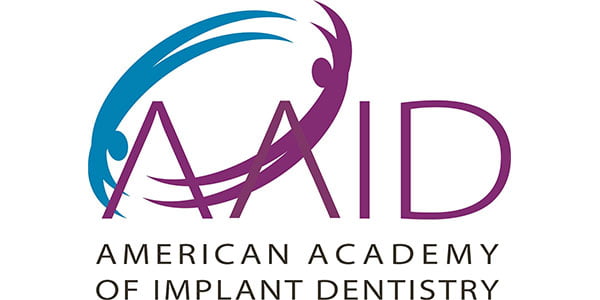
Chicago (June 20, 2017) – The United States Court of Appeals for the Fifth Circuit issued its opinion on June 19, 2017 affirming the lower court decision in favor of the American Academy of Implant Dentistry’s position that the Texas rule on dental specialties is unconstitutional. As a result, the State of Texas, as well as Louisiana and Mississippi (part of the Fifth Circuit), are enjoined from enforcing provisions that prohibit dentists from advertising as specialists in areas not recognized by the American Dental Association (ADA).
The Federal District Court in Texas ruled that this “is an unconstitutional restriction on Plaintiff’s First Amendment right to free commercial speech.” The Court of Appeals affirmed the lower court decision by a 2 – 1 majority. A copy of the opinion can be found here.
The lower court decision declared unconstitutional a Texas administrative regulation Section 108.54 of the Texas Administrative Code that restricted specialties in Texas to only those recognized by the American Dental Association was unconstitutional. The American Academy of Implant Dentistry, along with three other dental organizations and five individual Texas dentists, had filed suit challenging the regulation.
The Court of Appeals wrote that “Section 108.54 completely prohibits the plaintiffs [AAID, etal] from advertising as specialists in their fields soley because the ADA has not recognized their practice areas as specialties. The Board [Texas State Dental Board of Examiners] has not justified Section 108.54 with argument or evidence.”
“This is a major step forward for patients throughout the Fifth Circuit. More information will now be available to help them decide who to use for their dental needs,” said Dr. Shankar Iyer, President of the American Academy of Implant Dentistry. “Patients won’t need to guess whether a dentist who is trained in treating gum disease or extracting teeth is also experienced in the complex and comprehensive field of implant placement and restoration. Patients will now be able to seek out specialists in implant dentistry, such as those certified by AAID’s Certifying Board, the American Board of Oral Implantology/Implant Dentistry (ABOI/ID),” he pointed out.
Dr. Arthur Molzan, President of the ABOI/ID agreed. “This affirmation by the Court of Appeals clearly validates the recognition of Diplomate status earned through our Board. Our requirements demand extensive knowledge of both the surgical as well as the restorative phases of implant dentistry.”
According to Frank Recker, DDS, JD, AAID’s general counsel, “This Court of Appeals decision continues a string of legal victories supporting the proposition that non-ADA recognized specialties in fact do exist, are bona fide, and dentists board certified in those fields – such as implant dentistry – may inform the public of their specialization.”
Established in 1951, the AAID is the first organization in implant dentistry and the only one that offers credentials recognized by state and federal courts as being bona fide. Its membership, which exceeds 5,500, includes general dentists, oral surgeons, periodontists, and prosthodontists from across the United States and in more than 60 other countries.
Stay Relevant With Implant Practice US
Join our email list for CE courses and webinars, articles and mores



